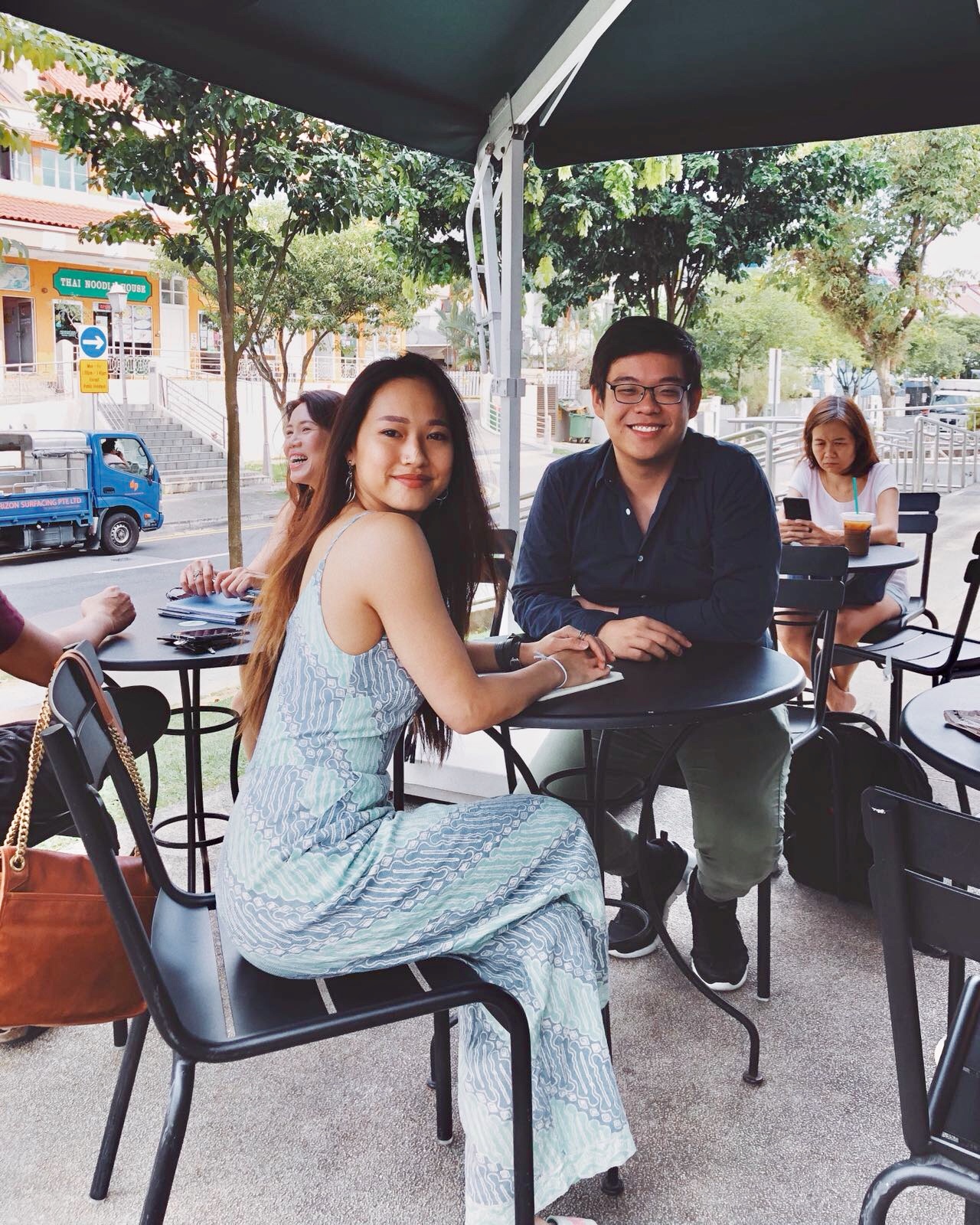CONNECT WITH US








 Dr. Foo Jee Loon
Dr. Foo Jee Loon
Dr. Foo Jee Loon is a senior research fellow from the Department of Biochemistry at the NUS Yong Yoo Lin School of Medicine. We approached him for his expertise in engineering microbes for biochemical production. He reviewed the metabolic pathway that we were proposing and determined that controlling the flux of intermediates was key to allowing our engineered cells to switch between different product pathways.
He noted that the project would be complex due to the large number of enzymes involved. Because of this, he warned us of the large amount of characterization work that would be required if the functional data on these enzymes were unavailable. He advised us to start by engineering a bacterium that could perform the second half of the pathway using one the intermediates as feedstock. At the same time, we could design an efficient and sensitive method to control the expression of key genes to influence the flux of intermediates.
Some of the other tips he gave us included the use of monoculture rather than polyculture due to better mass transfer characteristics. He also introduced us to the concept of bioremediation, which would further enhance the environmental impact of our project.










